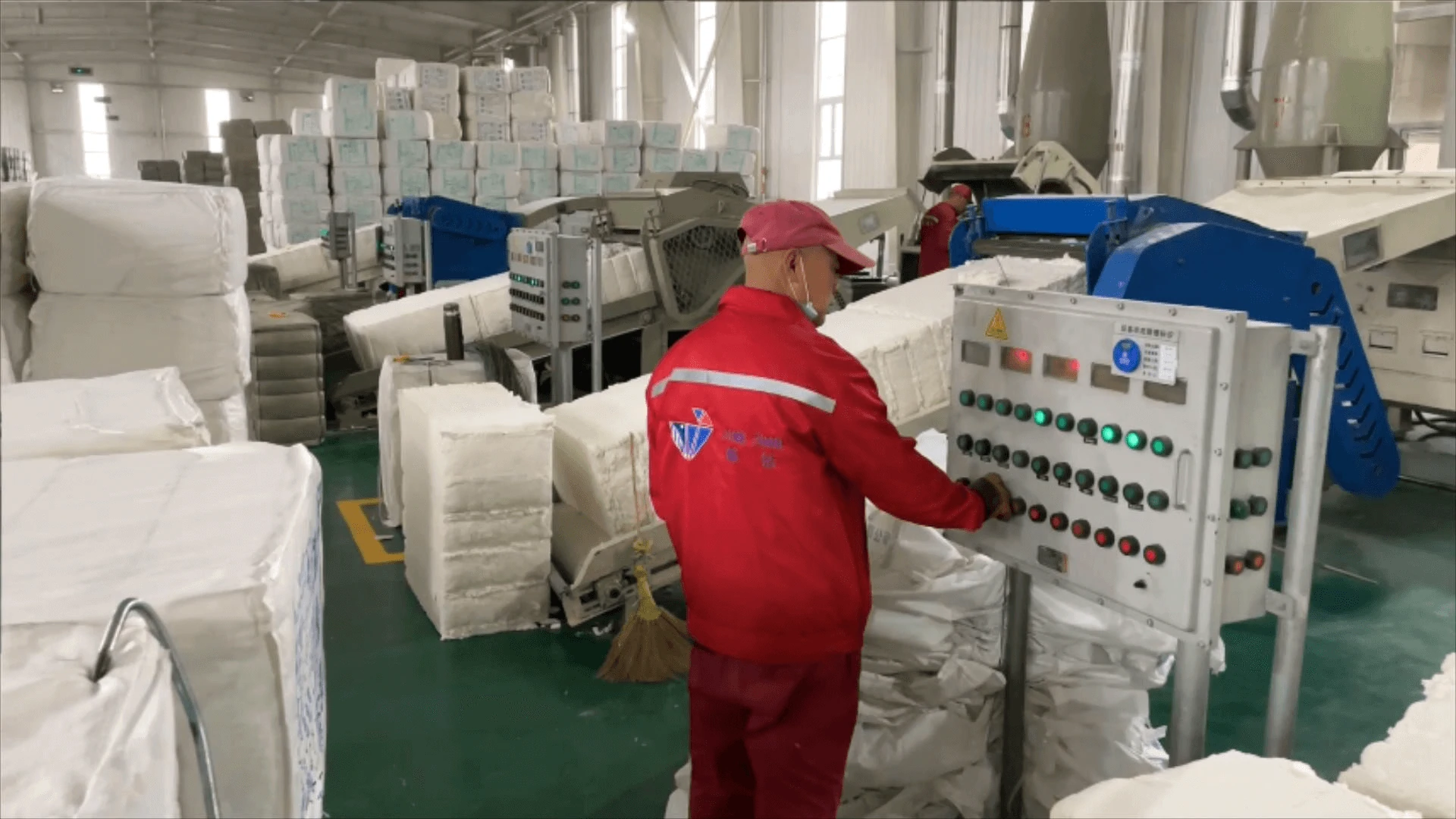
اکتبر . 13, 2024 08:38 Back to list
Exploring the Impact of RDP Polymers on Material Performance and Applications
The Role of RDP Polymer in Modern Applications
RDP (Redispersible Polymer Powder) is a remarkable material that has gained significant attention in various industries due to its unique properties and versatility. As a powdered form of a polymer that can be redispersed in water, RDP offers numerous advantages, making it an essential component in construction, adhesives, coatings, and other applications. This article explores the characteristics, benefits, and applications of RDP polymer, highlighting its importance in modern industrial practices.
Characteristics of RDP Polymer
RDP polymers are often derived from ethylene-vinyl acetate (EVA), styrene-acrylic, or other copolymers. One of the most distinctive features of RDP is its ability to be redispersed in water after drying, allowing it to form flexible films that enhance the performance of formulations in which it is incorporated. Upon rehydration, RDP creates a stable suspension which can be easily integrated into various mixtures, improving their overall properties.
Furthermore, RDP polymers provide excellent adhesion, flexibility, water resistance, and improved mechanical properties. These characteristics make RDP an excellent choice for applications where durability and performance are critical. Additionally, RDP can significantly enhance the workability of mortars and adhesives, making it a preferred additive for many formulators.
Benefits of Using RDP Polymer
The inclusion of RDP polymer in formulations brings a multitude of benefits
1. Enhanced Adhesion RDP helps to improve the bonding properties of mortars, adhesives, and coatings. This property is particularly beneficial in construction and renovation projects where strong adhesion is necessary to ensure long-lasting performance.
2. Flexibility and Stretchability The polymer imparts flexibility to rigid formulations, allowing materials to withstand stress without cracking or breaking. This is crucial in applications like flooring and tiling, where movement and thermal expansion can lead to material failure.
3. Water Resistance RDP, when incorporated into formulations, significantly increases their resistance to water. This feature is vital in construction applications, where moisture exposure can compromise the integrity of structures.
4. Improved Workability The addition of RDP enhances the workability of materials, making them easier to apply and manipulate. This can lead to considerable time savings during construction and renovation projects.
rdp polymer

5. Reduced Cracking RDP polymers help minimize cracking in dry mixes, such as cement and plaster. Their ability to maintain film integrity as it dries helps prevent shrinkage cracks, which can be a common issue in various applications.
Applications of RDP Polymer
RDP polymers are widely used across different sectors, with notable applications in the following areas
1. Construction In the construction industry, RDP is commonly used in tile adhesives, cementitious materials, and waterproofing products. Its properties help improve the performance of these materials, leading to more durable and reliable structures.
2. Adhesives RDP is a vital component in producing adhesives for various substrates, including wood, plastic, and metal. The enhanced adhesion provided by RDP ensures that the resulting bonds remain strong over time.
3. Coatings In the coatings industry, RDPs are used in paints and finishes. They contribute to better adhesion to surfaces, improved flexibility, and resistance to environmental factors, thereby extending the life of the coating.
4. Textiles RDP polymers can also be applied in the textile industry, where they improve the flexibility and durability of fabric coatings, enhancing the overall quality of textile products.
5. Mortars RDP is extensively utilized in dry mix mortars, where it enhances the performance characteristics necessary for various applications, including masonry, rendering, and repair work.
Conclusion
RDP polymer is a crucial ingredient in many modern applications, offering an array of benefits that enhance the performance and durability of construction materials, adhesives, coatings, and more. Its unique properties, such as enhanced adhesion, flexibility, and water resistance, make it indispensable in various industries. As technology continues to evolve, RDP polymers will undoubtedly play a significant role in driving innovation and improving the quality of products across multiple sectors.
-
Versatile Hpmc Uses in Different Industries
NewsJun.19,2025
-
Redispersible Powder's Role in Enhancing Durability of Construction Products
NewsJun.19,2025
-
Hydroxyethyl Cellulose Applications Driving Green Industrial Processes
NewsJun.19,2025
-
Exploring Different Redispersible Polymer Powder
NewsJun.19,2025
-
Choosing the Right Mortar Bonding Agent
NewsJun.19,2025
-
Applications and Significance of China Hpmc in Modern Industries
NewsJun.19,2025







